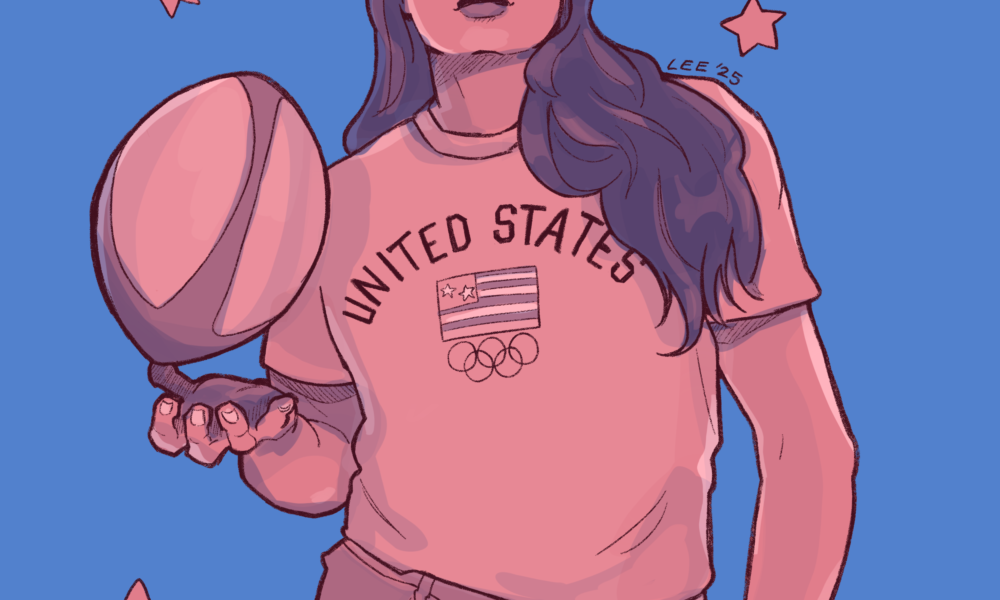On Jan. 5, rugby superstar Ilona Maher made her debut appearance for the Bristol Bears against defending league champions Gloucester-Hartpury. Despite the team’s loss (17-40), Maher’s first performance with the Bears was a great success. Following her signing back in early December, the Bears moved the match to a bigger stadium due to the high volume of ticket sales. The match attracted 9,240 fans, doubling the club’s previous match attendance record and breaking the attendance record for a single Premiership Women’s Rugby (PWR) regular-season match.
Maher’s name is recognized by more than just rugby fanatics across the globe. She’s known for her performance at the 2024 Paris Olympics, playing rugby sevens for Team USA, where she led the team to its first-ever bronze medal. Beyond her impressive athletic resume, Maher’s popularity has grown through her social media presence, particularly on TikTok. With over three million followers on the platform, Maher’s content promotes body positivity by facilitating open discussions about women athletes and the criticism they face when their bodies do not fit societal norms. She has openly discussed the hate she’s received about her body “not being athletic enough,” and shuts down online trolls who bombard her with comments about her Body Mass Index, which they believe to be too high.
Her platform has allowed her to connect with women athletes worldwide and work to normalize all body types. These discussions have created a wider representation of young women athletes. Maher was featured in a Sports Illustrated swimsuit edition back in September, and her cover showcased athleticism and femininity, showing that to be strong is to be beautiful. The cover is contributing to a shift in popular narratives around women’s beauty standards, with people increasingly understanding that muscular bodies are feminine.
While Maher herself had gained popularity before the 2024 Olympics, her performance at the games helped create a lasting impact on under-represented sports like rugby sevens. The 2024 Olympics featured more niche sports and shed light on women’s teams, allowing for more viewership and visibility. While the Olympics are already widely-anticipated events with many in-person spectators and a large online audience, the 2024 Paris edition had a record-breaking 218 million streams on BBC Sports, which was more than double the streams during the 2021 Tokyo Olympics. More than 84 per cent of the global audience—around five billion people—viewed the games, which became an essential form of exposure for these lesser-known sports.
Viewership is key to promoting under-represented sports, as rugby sevens is sustained by financial investments, for instance. Prior to the 2024 Paris Olympics, the sport received a $4 million USD investment aimed at fostering the growth of rugby and ensuring teams could compete in the 2028 Summer Olympics. Investments like these make the sport more accessible to players and fans alike, encouraging participation and fostering local communities around the game. Moreover, the increased exposure and excitement generated by the Olympics helps attract sponsors and spurs interest by players and audiences to further long-term growth.
Athletes like Maher and the platforms they leverage can further draw people to these niche sports. Connecting fans with their favourite athletes through social media fosters an ongoing bond, offering insight into their day-to-day lives in competition and struggles, while keeping audiences engaged. The Olympics are a platform of visibility to lesser-known sports and athletes, captivating audiences and generating excitement for other aspects of their career—like Maher’s signing to the Bristol Bears. By continuing to connect with her fans, Maher’s social media engagement is just one aspect in which athletes sustain the growth of these lesser-known sports and leagues.









